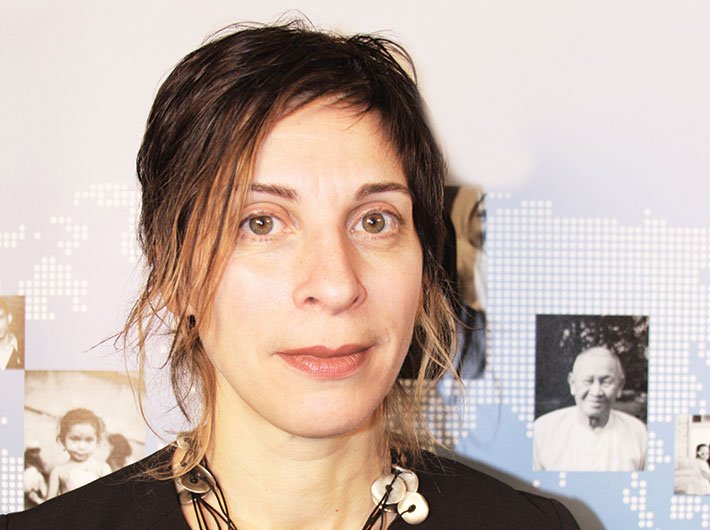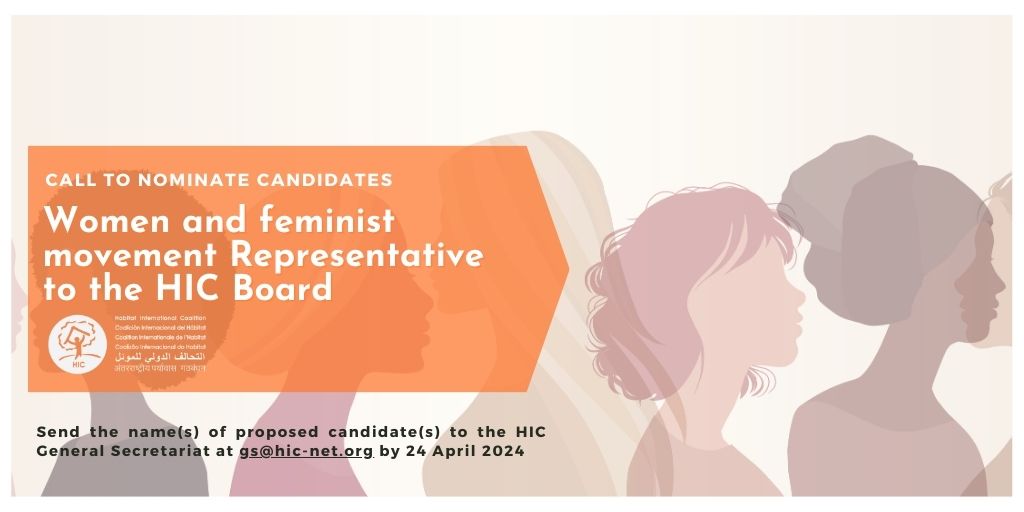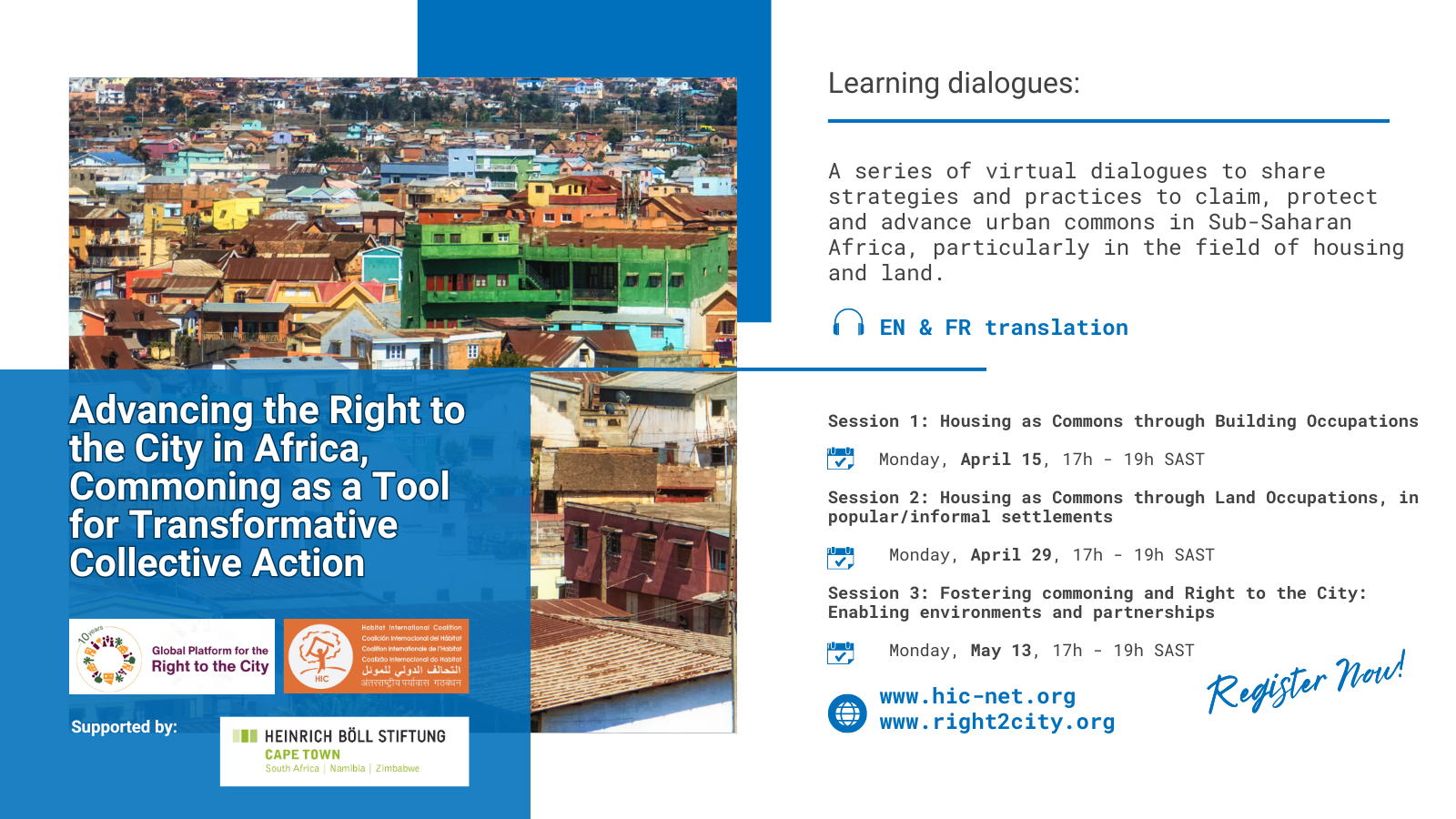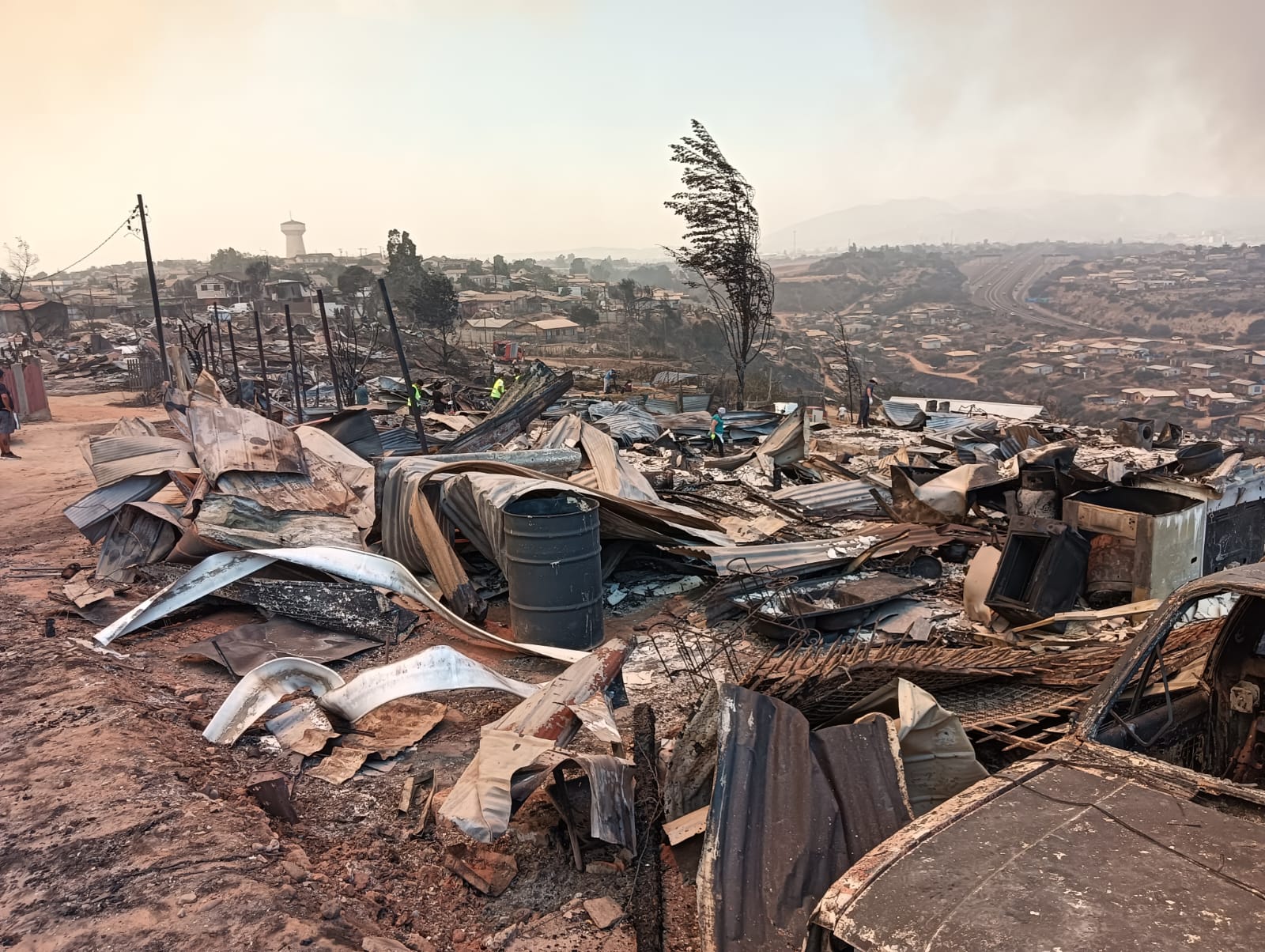
Leilani Farha is UN’s special rapporteur (SR) on
adequate housing as a component of the right to an adequate standard of living,
and on the right to non-discrimination in this context. She was appointed in
May 2014 by the UN Human Rights Council (HRC).
The feisty Ottawa-based lawyer presented her UN
report themed ‘homelessness’ on March 7 to the HRC in its 31st session, urging
all governments to recognise homelessness as a human rights crisis and
committing to eradicate this global phenomenon by 2030, in line with the new UN
Sustainable Development Goals (SDGs). Within the UN human rights system, she
helped spearhead the first resolution regarding women and the right to adequate
housing. Farha’s next country visit will be to India during April 11–22 where
she will examine homelessness, precariousness of informal settlements, the
prevalence of insecure tenure systems in urban settings, and the recurrence of
forced evictions, and other concerns.
She spoke to Governance Now on why she views
homelessness the result of government acquiescence to real estate speculation,
among other issues.
What is ‘adequate’ in the context of your UN
mandate as SR on adequate housing?
The UN human rights system has defined ‘adequacy’ to some extent. So they have
come up with some broad terms and concepts that have to be present –
characteristics, you could call them – in order for housing to be ‘adequate’.
There are some that are cornerstones, like you cannot have adequate housing
without these things.
The first one, in that regard, is security of tenure. That means you don’t fear
being evicted like that [snaps her fingers]. There are legal processes in
place. That you have some claim, title to land, in some way, shape or form. It
doesn’t have to be a formal title – but that you are not in fear of being
displaced or evicted.
The second is to live free from discrimination and for your housing not to be
related to some characteristics that you have – you are poor, therefore, you
should live there, you are from a certain race, or ethnicity or creed, or
religion, you should live there. That is, obviously, unacceptable. That can
lead to ghettoisation. Migrants and refugees – this is a big issue. That’s
[ghettoisation] precisely what’s happening.
Another cornerstone is affordability. And this is something that is of real
concern with rapid urbanisation because we are seeing it is not affordable for
most people to actually live in cities. Big cities, especially, are becoming
the place for the affluent and people with no means even though that’s where
they go because that’s where there is employment, but they simply cannot earn
enough.
There are other issues like you should have protection from the elements –
protection from violence. And this is something that is often forgotten – it
should be culturally adequate. For indigenous populations, for example, housing
might need to look different and be different in order to meet the cultural
needs of indigenous people.
Those characteristics can be applied across the board [in different
socio-political contexts].
You have argued that homelessness is a violation of
human rights. What status does the right to housing have under international
human rights law?
Homelessness is the failure of states to implement the right to housing. States
have an obligation under international human rights law to implement the right
to adequate housing. The right to adequate housing was originally included in
the Universal Declaration on Human Rights, way back into the 40s. And then when
the two covenants were formed – the covenant on civil and political rights and
the one on economic and social rights – the right to adequate housing was
included under the covenant on economic, social and cultural rights. Most
states in the world have signed and ratified [this convention] with the
exception of just a few. It appears in other treaties as well. On convention on
the rights of children – you will see a reference there, on the convention of
the elimination of racial discrimination – there’s a reference there, on the
convention on elimination of discrimination against women – there’s a
reference, albeit, focused on rural housing. And so, it is very much part of
international human rights law and standards. What some people don’t realise is
that it’s embedded to a right to an adequate standard of living but it has
emerged as a separate and independent right – it is perceived that way, it is
implemented that way.
Your mandate includes examining homelessness,
insecure tenure systems, forced evictions, informal settlements, etc. While
these social problems exist in developing as well as developed countries, would
you say that some of these social problems have typical traits that are
specific to developing countries?
The problems exist across the board. You will see homelessness in cities in
India, you will see homelessness in cities in the US and Europe and Malaysia.
If you see the practice of eviction and displacement, they often happen for
different reasons depending on the region of the world. So, for example, in
developing countries, they are developing, so often eviction happens as a
result of development. And in the [global] North, you see less evictions about
straight development, like, let’s get rid of these homes because we are going
to put up a building. But what you do see is constant gentrification in western
countries, constant converting an apartment building into luxury apartments.
It’s still development in a way but it is ratcheted up. And so, I do think that
the phenomenon is universal but the way they play out can be context-specific
and region-specific.
You have written in your articles that homelessness
is the result of government acquiescence to real estate speculation. Could you
elaborate? Also, what about government projects like big dams that engender
insecure housing, forced evictions, etc.?
By pointing fingers at real estate developers and investors, [the idea] was not
not to point the finger at government policies and programmes, because for
sure, governments are enacting policies, programmes and legislations that
result in forced evictions and homelessness, without a doubt. Big dam projects,
of course. Not particular to one region of the world actually – big dam
projects are happening in many parts of the world, in many countries and there
is, sometimes, a correlation between big dam projects and evictions, especially
of indigenous people, unfortunately.
And, there are certainly things that governments could do to improve women’s
access to housing, titles, and lands. There’s certainly room for improvement
and we are seeing that around the world that even when the state has decent
laws, there is customary practice that makes it difficult for women to actually
own land and property – that doesn’t mean that the state still does not have a
role. They have a role that their laws become part of customary practice as
well and that is not big-stick kind of action that the state should be taking
but rather an education, changing of culture on the ground.
Governments regularly demolish slums as illegal
occupation of land, particularly, when international events are scheduled. How
does international human rights law view such demolitions?
I think the international community may be moving in the direction of
recognising that you cannot just eradicate slums, bam [snaps fingers]! And the
reason I am saying this is the 2030 agenda that the states have committed to
and there is a target in the 2030 agenda that says that slums should be
upgraded and it said in the context of the need to secure adequate housing for
everyone. And so, upgrading slums cannot be confused or conflated with
eradicating slums [laughs]. This is my hope. I am, of course, concerned with
the 2030 agenda but I am hoping that that’s understood, I am hoping that states
are now understanding that people need a place to live and so, in the urban
context, especially, it’s untenable for everyone to be able to afford existing
units or housing. There aren’t existing units, there’s not enough supply, and
when there is supply, it is not affordable. I think, states are starting to
realise that they have a major problem on their hands – that, maybe, the right
path is the regularisation or normalisation of slums and providing people in
those slums to services and title, some kind of title. I hope there is some new
enlightenment as we move towards implementing the 2030 agenda.
Right to adequate housing is not mentioned in the
SDGs and MDGs. It is not even mentioned in the upcoming global Habitat III
conference. Why is that?
It was completely excluded from the MDGs. It does make an appearance, not as a
goal but as a target, in the 2030 agenda or the SDGs and the question is as we
are on the road to Habitat III: what is going to happen? Can we get states to
continue the commitment that they initiated in the 2030 agenda under target
11.1 in Habitat III? And that is part of my role to try to make sure that
happens. I am not going to put it only on my shoulders [laughs], there are many
other people and organisations that can work towards this, and states that are
friendly to this. People are engaged with water and sanitation right now, which
is important and it should be – that’s not a critique – but only to say let us
continue to have a real focus on housing. If you ask anyone – what is important
to you and your well-being and the well-being of your family, they will say
housing.
India is planning to build ‘smart cities’. But
un-regulated urbanisation has been the cause for homelessness. What suggestions
would you offer when such cities are being built vis-à-vis adequate housing?
I have not been privy to a ‘smart city’ conversation with a state that is
actually implementing a smart city or trying to implement these notions. But
what I would say, which I say to government officials, regardless of what they
are doing around urbanisation, housing, is to make sure they are acutely aware
of what their international human rights obligations are and where those
obligations extend because one of the things that is little known and I did
myself write a report on this early on in my mandate is that sub-national level
governments have international human rights obligations as well. And so, the
national level state is responsible for ensuring that sub-national governments,
including municipalities, have the capacity, the knowledge and the resources to
implement the right to adequate housing. I think that’s one starting point.
In terms of understanding their human rights obligations, there are some really
simple principles that I would ask states to consider. The one that I am
pushing a lot, you will have seen in some of my articles, is the notion that
housing is not a commodity. It has become a commodity, yes. I am not denying
that. I am not denying the important role it plays in the economy, but first
and foremost, housing is a human right. If it’s possible to treat it as a human
right, and still have its commodification, [it’s] OK. But first show me that
you are treating it as a human right and what it means is ensuring that those
who are most vulnerable, the most marginalised groups have access to decent,
adequate housing.
Another basic principle that states don’t always know, or consider – the
obligation is that a state must spend the maximum of its available resources to
implement human rights. If a state looks at its budget, it should be asking
itself: what percentage of my budget am I spending on social expenditure and
how does that compare with how much the state is spending on security, on
fostering business, on fostering investment in the country, etc. A country
needs to generate resources. I am not being idealistic to say you have to throw
away all your investment ideas, throw away making money – that is not
realistic. But it is making sure that proportions are right. I am not saying
it’s an easy thing to do but I think a more cross-sectoral approach would be
useful.
I have heard that since the agenda 2030 was adopted, that one state – I am not
going to name the state – is reviewing all its policies and programmes to see
how their policies and programmes might be contributing to poverty.
In your upcoming visit to India do you plan to
examine only homelessness or the whole gamut of your mandate?
When we do a country visit we focus on all of the issues that relate to the
right to adequate housing.


